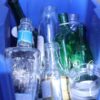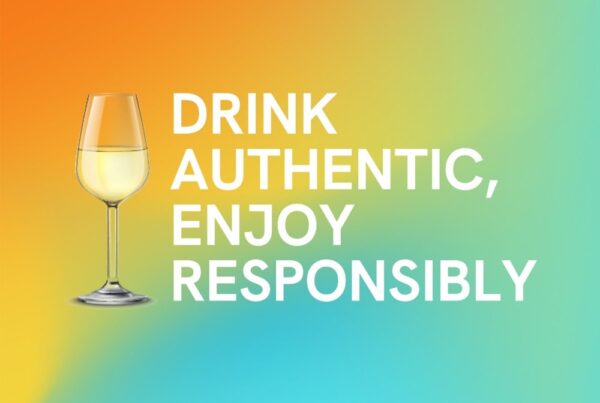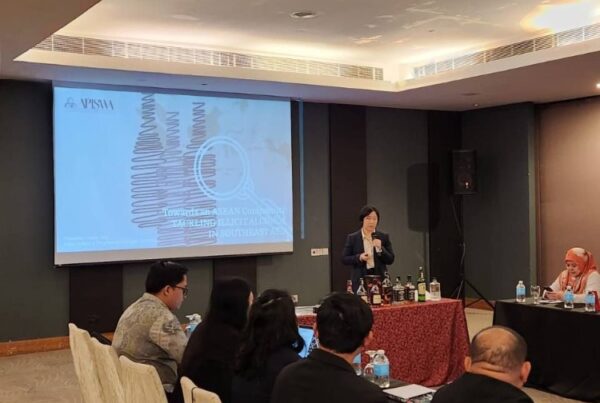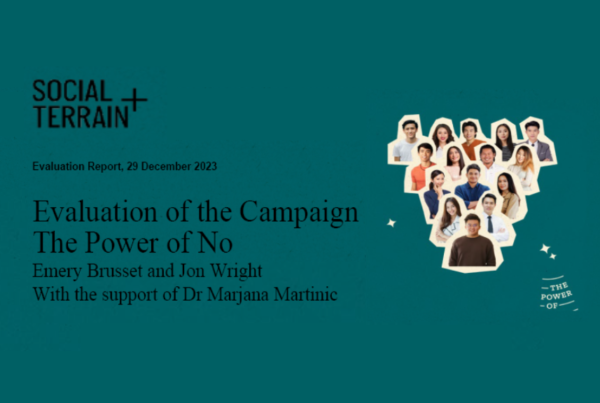Illicit trade in alcohol represents a significant percentage of alcoholic beverage consumption. According to Euromonitor’s 2018 Global Study on Illicit Alcohol, 1 in 4 alcohol bottles are illicit, representing 25.8% of all global consumption. Based on WHO data, unrecorded alcohol in ASEAN is extremely high, representing 32% of total consumption.
In this joint report co-authored by APISWA in 2022, the Alliance Against Counterfeit Spirits (AACS), the EU-ASEAN Business Council (EU-ABC) and the Transnational Alliance to Combat Illicit Trade (TRACIT), we look at the extent and impact of illicit trade through the lens of the three pillars of the ASEAN Economic Community, namely: Political Security, Economic and Social Cultural.
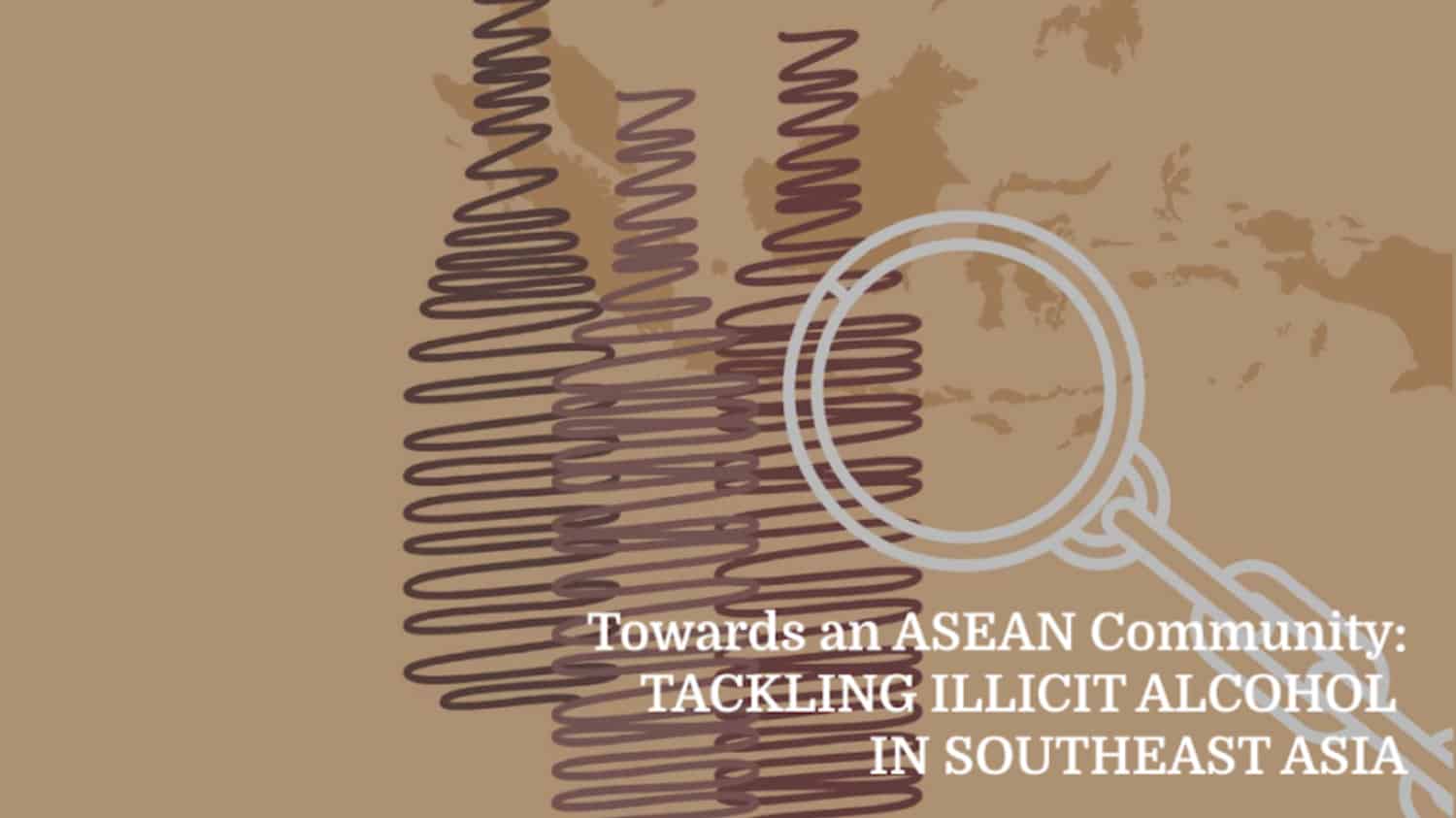
”Illicit trade in alcohol represents a significant percentage of alcoholic beverage consumption
The ASEAN Community Vision 2025 was introduced in 2015 to promote the integration of economies and peoples in the region, establishing a rules-based, people-oriented, and people-centred Community. ASEAN Member States have also pledged to achieve the UN SDGs by 2030, aiming to increase the liveability, prosperity, and socio-economic development of the region.
Illicit trade in alcohol impedes these goals in several ways, robbing the global economy of US $8.9 billion of fiscal revenue every year, depriving governments of revenues, removes legitimate jobs, funds organised crime, and damages ecosystems and human lives.
This report looks at the key drivers of illicit trade of alcohol in the region and provides five concrete recommendations on how governments can partner with industry locally and regionally to coordinate efforts to tackle a serious issue that causes a wide range of negative socio-economic impacts including: risk to consumer health and safety and the debilitating threat to legal business reputation and government tax revenues.
